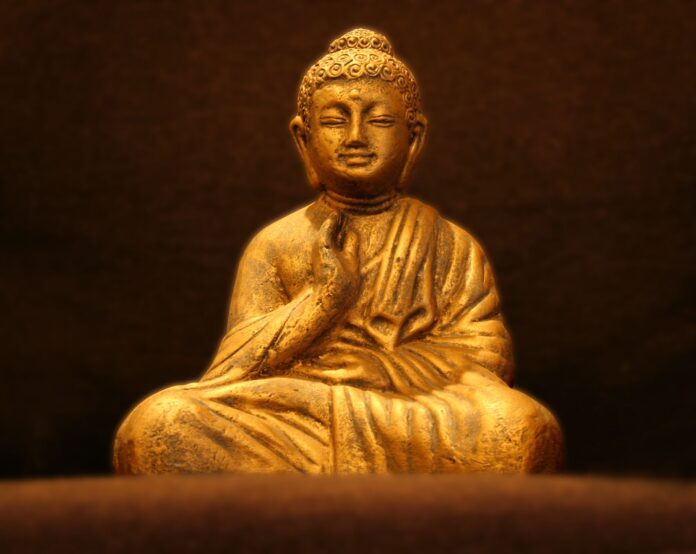Bodhi Day, also known as Buddha’s Enlightenment Day, marks the pivotal moment when Siddhartha Gautama attained enlightenment around 2,600 years ago, ultimately becoming the Buddha. Celebrated by Buddhists worldwide, the observance varies in timing, with Japan following the Western calendar and marking it on December 8.
Siddhartha Gautama’s path to enlightenment involved years of spiritual seeking and meditation, during which he gained profound insights into the nature of existence, including the origins of human suffering, the cycle of birth and death (samsara), and the path to liberation (nirvana). Buddhism, considered the world’s fourth-largest religion, predominantly thrives in the Asia-Pacific region.
Bodhi Day is not universally observed across all Buddhist traditions; it is particularly prevalent in East Asia’s Mahayana traditions, notably in Japan, Korea, and Vietnam. In Japan’s Zen Buddhist schools, the celebration is known as “Rohatsu” or the 8th day of the 12th month. Other schools refer to it as Jodo-e. Meanwhile, Southeast Asian and Tibetan Buddhists commemorate Buddha’s enlightenment in May and June, respectively, often as part of Vesak Day, which honors the Buddha’s birth, enlightenment, and death.
The observances of Bodhi Day encompass a variety of practices. Celebrants engage in prayer, scripture reading, and acts of kindness and generosity (dana) to reflect on the Buddha’s teachings and improve their karma. Some decorate trees with lights or candles symbolizing Buddha’s enlightenment, while others partake in special family meals. Certain traditions include consuming rice and milk, believed to be the sustenance that aided Buddha in his final push for enlightenment.
The term “Bodhi” is derived from Sanskrit and Pali verbs meaning “to awaken” or “awakened.” In Buddhism, it generally signifies enlightenment. Siddhartha Gautama’s enlightenment occurred as he meditated under the Bodhi Tree in Bodh Gaya, a village in Bihar, northeastern India. Determined to solve the problem of suffering, he began a night-long meditation, during which he directly grasped the true nature of suffering, its origin, cessation, and the path to its cessation.
The Bodhi Tree, under which Gautama attained enlightenment, holds significant symbolism in Buddhism. Ficus leaves from this tree have become a Buddhist symbol, leading many Buddhists to plant ficus trees. Bodh Gaya, with its Mahabodhi Temple Complex, stands as one of the most sacred pilgrimage sites today. The giant Bodhi Tree near the main temple is believed to be a descendant of the original tree.
As Bodhi Day unfolds around the world, Buddhists come together to honor the profound journey of Siddhartha Gautama and the universal teachings he unveiled through his enlightenment. The celebration encapsulates a rich tapestry of rituals, reflections, and communal expressions of gratitude for the enlightenment that continues to guide countless followers on their spiritual paths.


